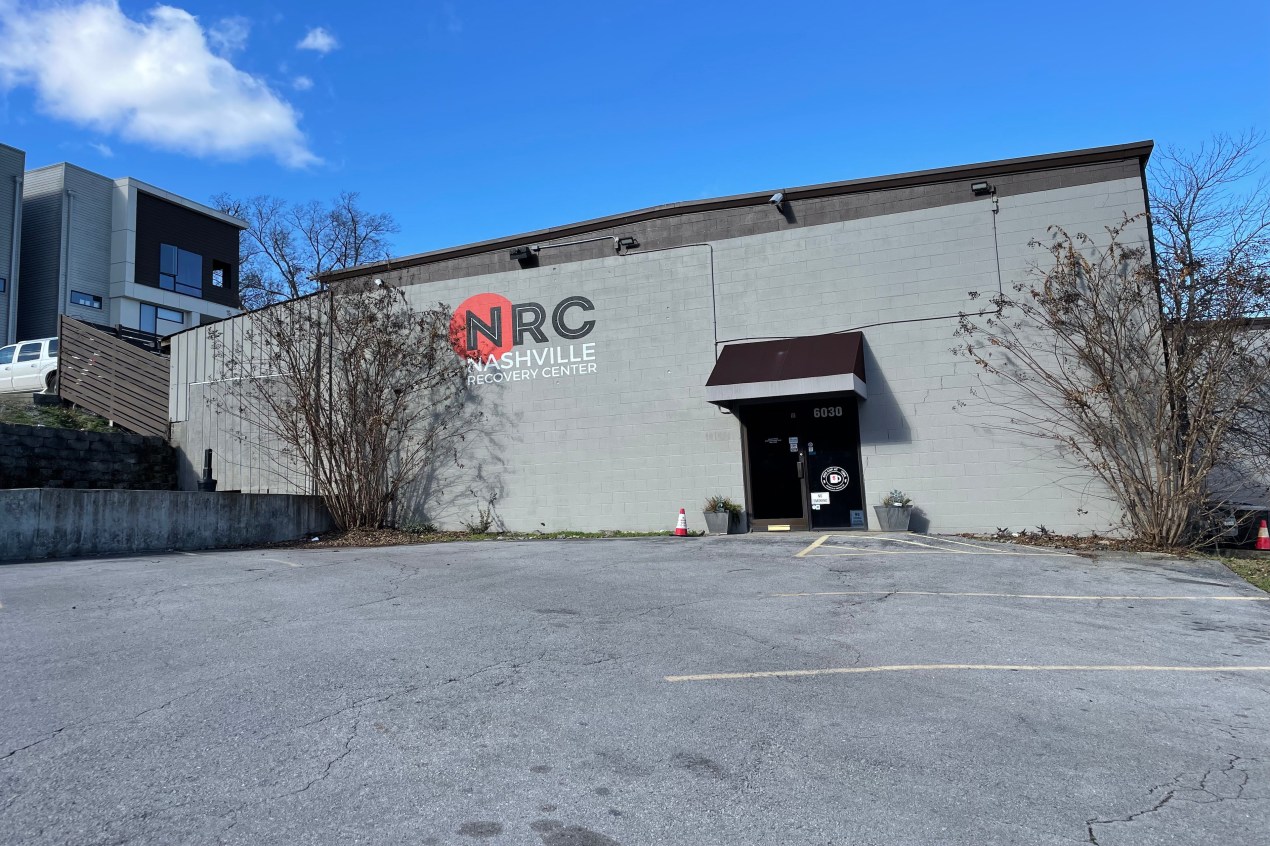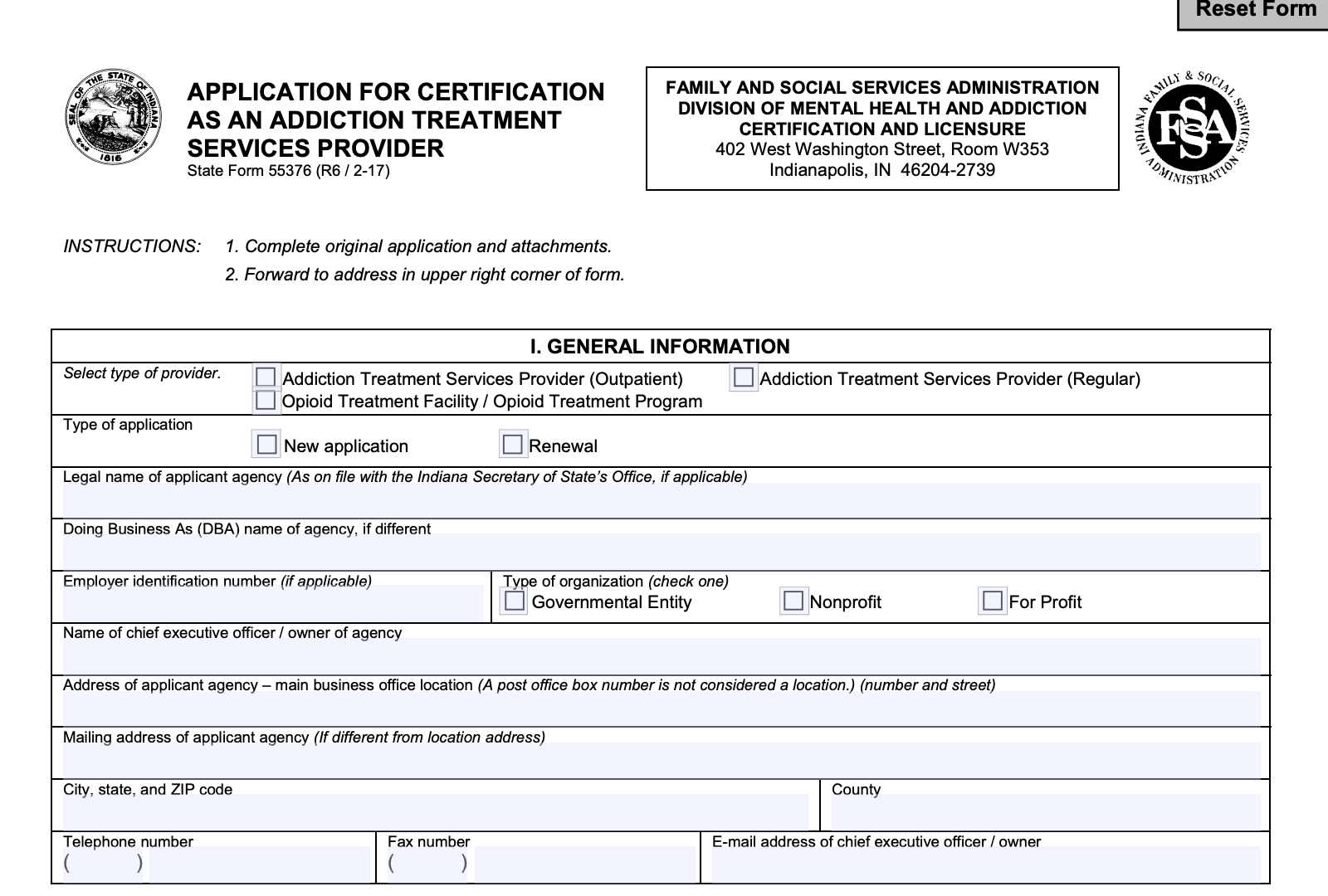Reliable Strategies: Reviewing the Suitable Addiction Treatment Center
Browsing the Journey of Detoxing in the Comprehensive Addiction Treatment Program
Beginning on the course of detoxification within the structure of a detailed dependency therapy program is a critical phase in the journey towards recuperation. The procedure of detoxification holds a substantial function in breaking the physical dependancy on substances and preparing the person for the subsequent phases of treatment. Browsing via detoxing is not merely an issue of physical cleansing; it requires an intricate interplay of emotional, emotional, and social elements that require cautious consideration and assistance. As people come to grips with the challenges of withdrawal signs and symptoms and the uncertainties that exist in advance, having a robust assistance and an organized strategy system in area comes to be paramount. In this discussion, we will certainly check out the multifaceted aspects of cleansing within the thorough addiction therapy program and shed light on the vital components that form this transformative trip towards healing.
Importance of Detoxing in Recovery

Detoxification establishes the foundation for the remainder of the dependency therapy program by preparing the individual for additional therapy and counseling. By cleaning the body of materials that have been clouding judgment and influencing habits, detoxification makes it possible for individuals to approach their healing with a clearer mind and stronger emphasis.
In addition, cleansing assists in taking care of the possibly severe withdrawal signs that might develop when drug or alcohol usage is stopped. Clinical professionals carefully monitor patients during detoxification to guarantee their security and provide essential support. Via this process, individuals can begin their trip in the direction of sobriety with a supported physical and psychological state, enhancing the chance of an effective recuperation.
Recognizing the Detox Process
Detoxing, a fundamental part of dependency therapy programs, includes a structured process targeted at safely eliminating damaging substances from the body to assist in an effective healing journey. The detoxification procedure normally starts with an evaluation to assess the individual's compound use history, physical wellness, and mental wellness. This assessment assists medical care professionals figure out one of the most appropriate detox strategy tailored to the individual's demands.
Throughout detox, the body goes with withdrawal as it readjusts to the absence of the substance. Withdrawal signs differ depending upon the sort of substance used, the period of usage, and individual factors. Medical guidance throughout detoxification is crucial to manage withdrawal signs and make certain the individual's safety and comfort.

Handling Withdrawal Signs And Symptoms

Drugs might be used to alleviate details withdrawal signs and symptoms and lower pain. For instance, medications like methadone or buprenorphine can aid handle opioid withdrawal signs and symptoms, while benzodiazepines might be made use of for alcohol withdrawal. It is necessary for healthcare suppliers to carefully keep track of the person's feedback to these drugs to guarantee their security and effectiveness.
In enhancement to pharmacological treatments, helpful treatments such as therapy, peer support system, and holistic practices like mindfulness meditation or yoga can help people handle the emotional and emotional obstacles you could try here of withdrawal. By attending to withdrawal signs comprehensively, medical care companies can improve the detoxing experience and support people on their journey to recovery.

Assistance Equipments Throughout Detoxification
Assistance systems play a vital duty in offering psychological and social assistance to individuals going through cleansing in dependency treatment programs. During the detox procedure, people often experience a range of mental and physical withdrawal symptoms, making this stage tough - Addiction Treatment Center. Having a solid support group in position can considerably influence the person's ability to navigate via detox efficiently
Relative, friends, assistance teams, and health care specialists are crucial elements of the assistance system. Family members pals and members can provide motivation, understanding, and a sense of belonging during this difficult time. Support system give a system for people to link with others that are going through similar experiences, providing a feeling of neighborhood and shared understanding. Healthcare professionals, including counselors, medical professionals, and therapists, play an essential duty in monitoring the person's development, providing clinical assistance, and providing guidance throughout the detox procedure.
Looking Ahead: Life After Detox
Having actually successfully completed the detoxification stage, people in dependency treatment programs now concentrate on planning for the challenges and chances that exist ahead in their trip in the direction of recovery. Life after detoxification notes an important change duration where individuals need to remain to construct site web on the progression made during detoxification to keep their soberness. It is vital for people to identify that the trip towards recuperation is continuous and requires commitment, dedication, and a willingness to accept change.
One key element of life after detox is the development of coping systems to manage triggers and food cravings that may occur. This may entail learning brand-new abilities, such as mindfulness practices, cognitive-behavioral techniques, and tension management approaches, to navigate challenging scenarios without considering compound usage. In addition, individuals are motivated to proactively take part in ongoing therapy, support groups, and aftercare programs to strengthen their assistance network and obtain assistance as they navigate the complexities of life post-detox.
Conclusion
In conclusion, cleansing is a crucial element of the detailed addiction therapy program. Understanding the detox procedure and handling withdrawal symptoms are crucial actions towards healing. Assistance systems play a significant duty throughout this challenging journey. Addiction Treatment Center. Looking ahead, life after detoxification holds pledge for a much Get More Info healthier, substance-free future. It is necessary to identify the significance of detoxification in the process of overcoming dependency and relocating in the direction of a life of sobriety.
Clinical guidance during detoxification is crucial to take care of withdrawal signs and make sure the individual's safety and security and convenience.
By understanding the detoxification process and its significance in breaking the cycle of dependency, individuals can get started on a course towards lasting recovery.
Throughout the detoxification procedure, people often experience an array of physical and psychological withdrawal symptoms, making this stage tough. Medical care specialists, including doctors, specialists, and therapists, play an essential duty in monitoring the individual's progress, giving clinical support, and providing advice throughout the detoxification procedure.
Life after detoxification marks a vital transition duration where people need to proceed to develop on the progression made during detoxification to preserve their soberness.